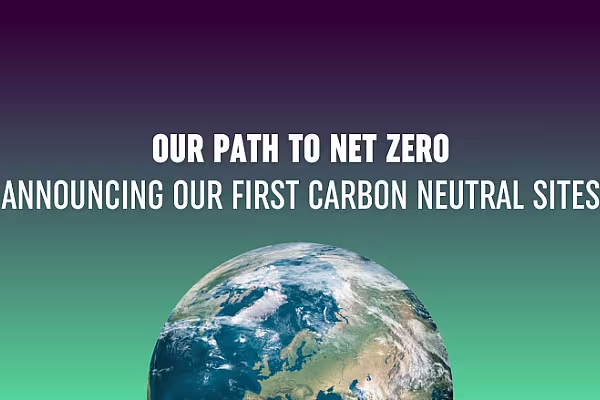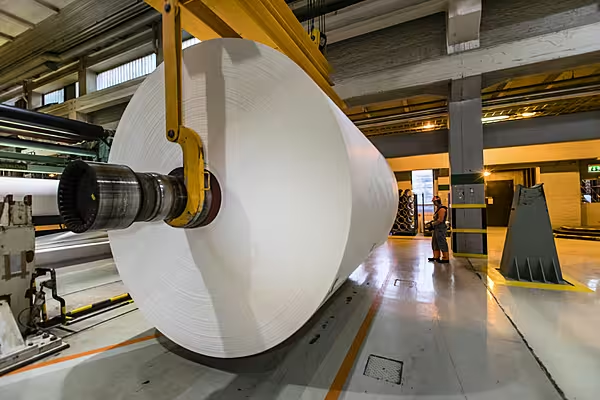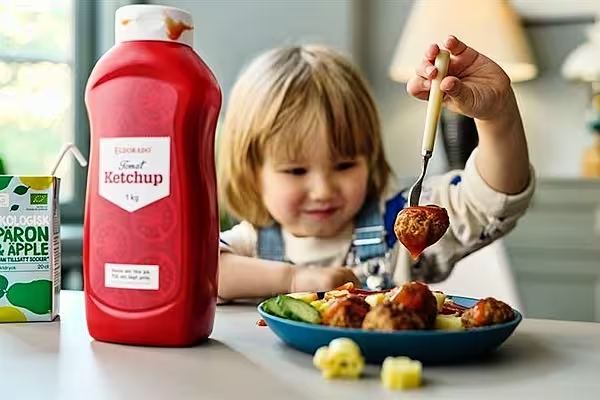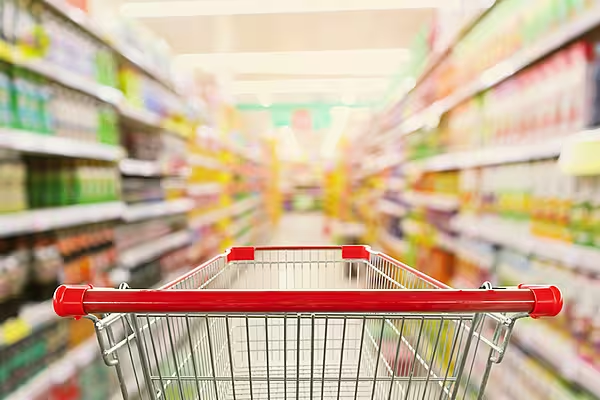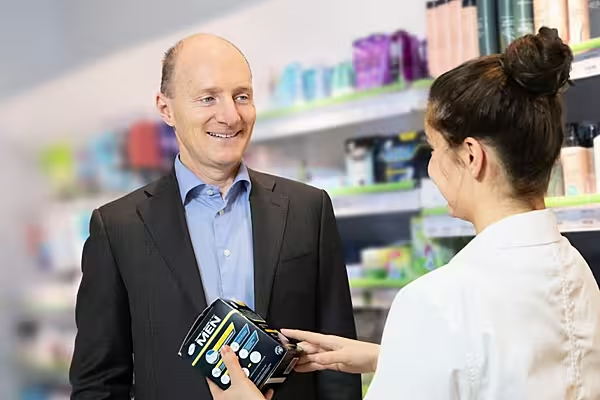Coca-Cola Europacific Partners (CCEP) has announced that its manufacturing facilities in Jordbro in Sweden and Vilas del Turbón in Spain have obtained carbon neutral certification.
The certification marks an important step in CCEP’s Net Zero 2040 ambition, and the facilities are also CCEP’s first carbon-neutral sites.
Pilot Programme
The two manufacturing sites are part of a pilot programme that seeks to achieve carbon-neutral certification for at least six CCEP sites, in line with the international standard PAS 2060, by the end of 2023.
The pilot is an essential part of CCEP’s strategy in achieving emission reduction targets. It focuses on reducing its own value chain emissions before investing in verified carbon offset projects, prioritising those that remove carbon from the atmosphere to take away any remaining emissions.
José Antonio Echeverría, chief customer service and supply chain officer at CCEP, said, “Driving effective long-term change in our environmental impact is a key priority for us, which is why we have committed to reducing emissions as far as we can before offsetting.
“We’re delighted to recognise this significant milestone for CCEP and the teams that are helping us accelerate our progress in reducing emissions across our supply chain. This is a very important moment and a great example of how our investment and commitment to innovation is helping to bring us closer to our net-zero ambition.”
Project Highlights
Both sites already use 100% renewable electricity and have also made several changes on-site to reduce emissions, CCEP added.
The Jordbro site is CCEP’s sole production facility in Sweden that produces over 350 million litres of beverages each year.
Over the past five years, the site has reduced its total CO2 emissions to 1,274 tonnes, or the equivalent of a reduction of 68% per litre of product produced in the plant.
Some of the measures implemented include using CO2 from a carbon-neutral source for beverage manufacturing, LED lighting at the site’s warehouse, and a fleet of electric forklift trucks on-site.
In Spain, the Vilas de Turbón facility manufactures mineral water, with one production line dedicated to producing over 10 million litres of still mineral water every year from a natural spring.
Over the past five years, the site has reduced its total CO2 emissions to 87 tonnes, representing a 36% reduction per litre of product produced.
LED lights and the addition of frequency converters to the water pumps to improve the efficiency of its water extraction have contributed to reducing emissions.
Emission Reduction Targets
As part of the PAS 2060 certification, both sites have pledged to further reduce CO2 emissions in the next three years.
CCEP has purchased Gold Standard certified carbon credits from a reforestation project in Orinoco, Colombia, to offset the remaining emissions at both sites.
This carbon sequestration project will support an area of savannah that has been damaged by agricultural activity through reforestation and the restoration of its ecosystem, CCEP added.
© 2021 European Supermarket Magazine – your source for the latest Supply Chain news. Article by Dayeeta Das. Click subscribe to sign up to ESM: European Supermarket Magazine.
